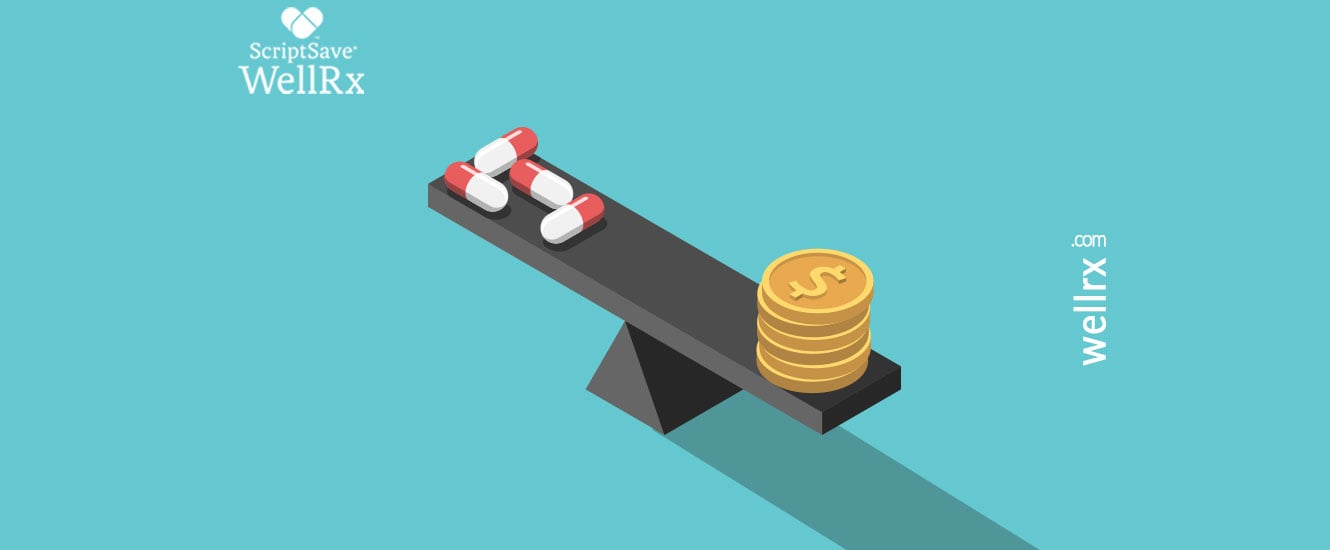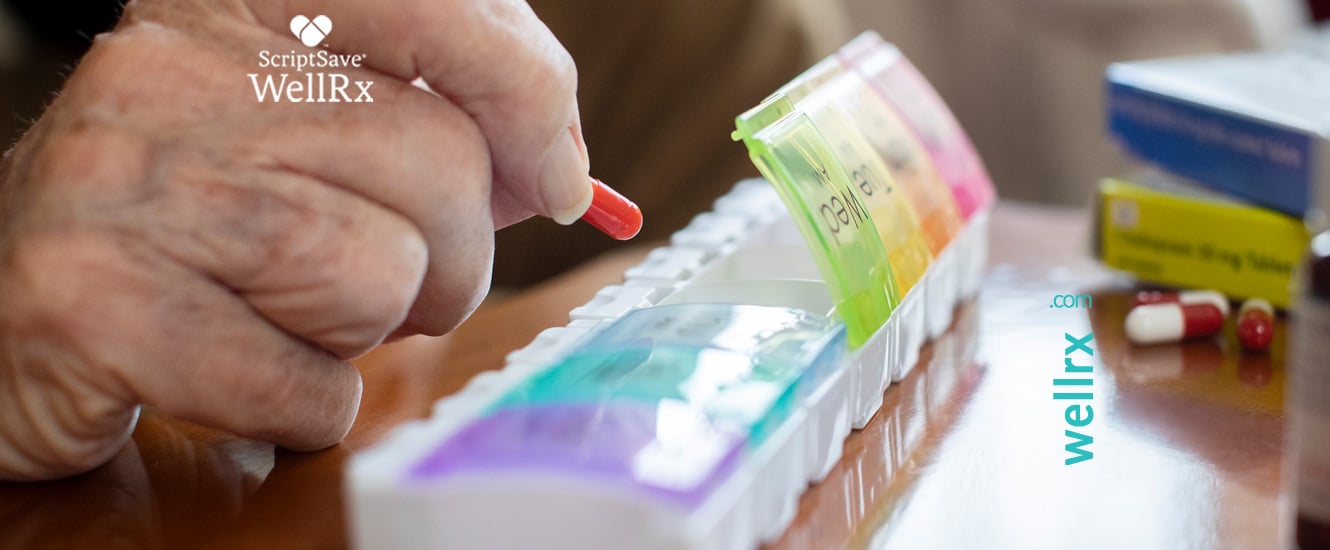There are many aspects in life that can decrease prescription fill rates. This in turn causes medication non-adherence, where patients are unable to take their medications regularly as prescribed by a physician. It’s a common and costly problem across America.
What Prevents Patients from Filling Prescriptions?
Barriers to medication adherence include lifestyle preferences, fear or uncertainty about the effectiveness of new medications or adverse reactions, The complexity of instructions and or drug regimens, personal beliefs, and insufficient funds also come into play.1 Patients who have insufficient funds to pay for medications include, not only decreased socioeconomic status, but also all patients that qualify as low-income based on age, gender, race, location, and family size. Patients who have financial restrictions will commonly delay prescription refills, as well as subsequent copays, by splitting pills, taking pills every other day, or even discontinuing medications on their own. This is because many chronic conditions require multiple medications for treatment and many medications are expensive even with insurance.1
The Low-Income Populations Includes Elderly Patients
As mentioned previously, low-income patients not only include race, location, and family size, but also age. As patients become ≥ 65 years old they are most likely dependent on Medicare for health insurance coverage, since it is offered through the government. Elderly patients who experience decreased prescription fill rates have been associated with having increased out-of-pocket costs with prescription medication coverage, lower net worth, and lower household incomes.2 This is important to consider because as patients age their health often declines, indicating more need for medications. It is also imperative to think about this aspect as many Baby Boomers fall into this category, increasing the number of patients sharing Medicare benefits.
Which Types of Medications Do Low-Income Patients Struggle To Get?
A common misconception is that patients with low-income only have trouble affording newer novelty medications, such as HIV, Hepatitis C, and oncology medications. With these types of medications, many patients including the middle and upper economic classes struggle to pay for the medications due to the outstanding drug cost dictated by the manufacturers. Low-income patients also struggle with common health conditions such as asthma, diabetes, and high cholesterol. Patients who are in a lower socioeconomic class experience significantly less control over their asthma and commonly experience increased exacerbations compared to patients who belong to a higher economic class.3
When considering Type-2 Diabetes Mellitus, patients with high-incomes had increased compliance to treatment regimens including diet, exercise, and medications.4 The high-income patient’s also checked their A1c more often and were associated with higher self-care ability.4 Finally considering cholesterol medications, a recent study showed that low-income patients were willing to give up their cholesterol medications if a copay was present because the benefits are not commonly felt unlike insulin for diabetes or lisinopril for increased blood pressure.5
Low-Income vs. High-Income Prescriptions
It is interesting to realize what types of medications low-income patients are filling at the pharmacy, compared to high-income patients. According to The New York Times, high-income patients receive more cosmetic medications to treat baldness, erectile dysfunction, wrinkles, and eyelashes.6 These patients were also more likely to purchase medications to treat mental health.6 They also had more prescriptions for birth control pills due to a consistent prescription from a regular doctor.6 Medications that are more commonly received by low-income patients include HIV and Hepatitis C, most likely due to lack of education in transmission and poor access to healthcare.6
Lowering Overall Drug Costs
Overall, the relationship between income and prescription fill rates at the pharmacy is much more complicated than low-income patients having decreased prescription adherence.6 Different patients are more likely to develop certain diseases or illnesses that would increase healthcare costs. Patients also differ on when they seek medical attention, resulting in a significant cost even before a physician writes a prescription.6 Regardless of income, it’s important to treat patients with as few medications as possible while still treating chronic conditions to help lower overall drug costs for all patients.
References:
- Mishra SI, Gioia D, Childress S, Barnet B, Webster RL. Adherence to medication regimens among low-income patients with multiple comorbid chronic conditions. Health Soc Work. 2011; 36(4): 249–258.
- Zivin K, Ratliff S, Heisler MM, Langa KM, Piette JD. Factors influencing cost-related nonadherence to medication in older adults: a conceptually based approach. Value Health. 2010; 13(4): 338-45.
- Bacon SL, Bouchard A, Loucks EB, Lavoie KL. Individual-level socioeconomic status is associated with worse asthma morbidity in patients with asthma. Respir Res. 2009; 10: 125.
- Habib F, Durrany AM. Effect of age and socio-economic status on compliance among type 2 diabetic patients. Curre Res Diabetes & Obes J. 2018; 7(3): 555714.
- Watanabe JH, Kazerooni R, Bounthavong M. Association of copayment with likelihood and level of adherence in new users of statins: a retrospective cohort study. J Manag Care Pharm. 2014; 20(1): 43–50.
- Quealy K, Sanger-Katz M. The prescription drugs that rich people buy. The New York Times. February 7, 2019. https://www.nytimes.com/2019/02/07/upshot/income-strong-predictor-drug-purchases-serious-diseases.html. Accessed March 9, 2019.
Download the free WellRx app from the iOS app store or the Google Play Store,
and get registered to take advantage of our free medication adherence tools.
If you’re struggling to afford your medications,
visit www.WellRx.com to compare the cash discount price at pharmacies near you.
You may find prices lower than your insurance co-pay!













 Store & manage your medication list
Store & manage your medication list Medication pricing updates
Medication pricing updates Pill & refill reminders
Pill & refill reminders Medication journal & mood log
Medication journal & mood log